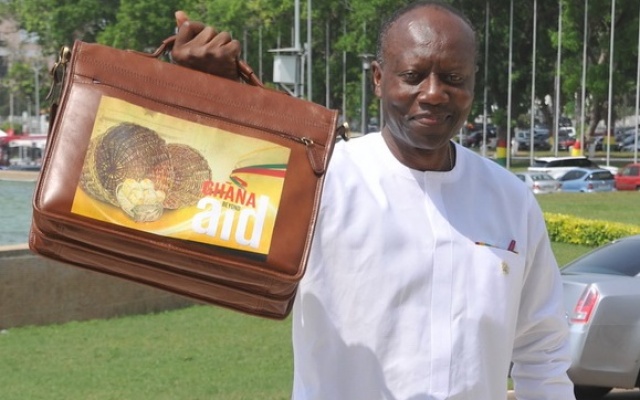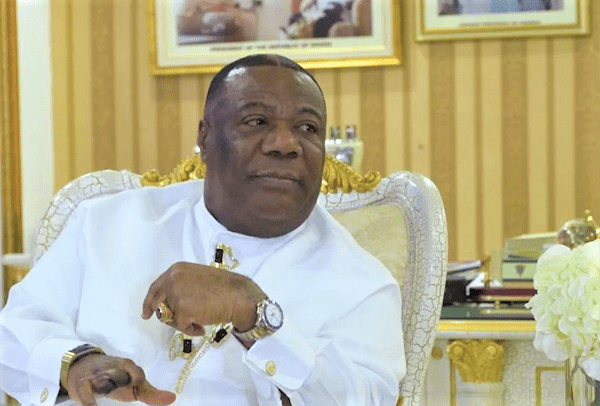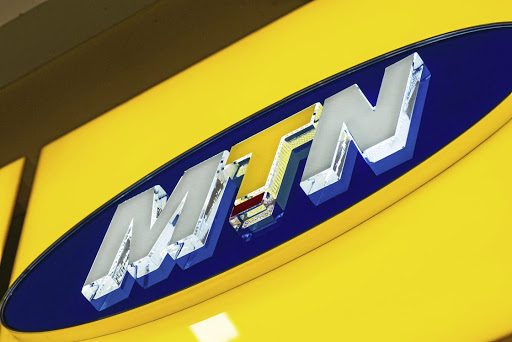No Mobile Money Tax – Ministry of Finance
- Posted on
- Comment
Government has not made a decision to impose additional taxes on mobile money transactions as suggested in the public domain, Mr Kwaku Agyemang Boateng, the Deputy Minister of Finance, said on Wednesday.
He said even if government intends to impose taxes on mobile money that would be done in consultation with stakeholders in the sector for better dialogue to ensure mutual and amicable understanding devoid of any altercations.
The Deputy Minister said this at a Mobile Money Stakeholder workshop organised by MTN Ghana on the topic: “Digitization Payment in Ghana: The Implications of Additional Taxes on Mobile Money Transactions”.
Mr Boateng said government recognises that mobile money represent the best bet for achieving financial inclusion and would not do anything to hurts their operations since they complement government in developing the economy.
He said government believes in the private sector as the engine for economic growth and job creation and would create the needed enabling environment for businesses to thrive and expand.
Mr Boateng said government’s strategic agenda was to move from economic growth and focus on improving the life of the citizenry by moving from taxation to production.
He said it is politically easier for government not to impose taxes on businesses, but it was the responsibilities of government to keep the macro economy stable, hence the need to generate revenue to meet its developmental deficits.
He said that government would “leave no stone unturned” to focus on compliance measures to mobilise revenue from tax defaulters in the country.
He commended MTN Ghana for initiating the event, adding that government would continue to engage the telecommunication sector to dialogue and chart the path forward in addressing any pitfalls that may arise.
Mr Eli Hini, General Manager of MTN Mobile Financial Services, said the introduction of mobile money services has seen transformational growth by transforming the lives of Ghanaians, and impacted positively on the economy, leading the way towards a cash-lite society.
He said mobile money has had a significant impact on the agriculture value chain in the country, particularly within the cocoa industry, including ease of payments, lower of cost of operations, safe and convenient way of receiving payments and digitizing the value chain.
Mr Hini said Ghana leads the way in West Africa with a massive drive from cash to digital payments through the use of mobile money.
He said taxation on mobile money would undermine investment when mobile operators were already under significant cost pressure to expand networks, improve service quality, and address new regulatory requirements.
“Taxation will undermine financial inclusion because mobile money contributes heavily to financial inclusion as it enables more efficient payments for goods and services, reduces the informal economy, creates employment and protects vulnerable segments of society from financial shocks,” Mr Hini said.
He urged government to consider enabling the growth of mobile money services by digitizing the payment of fees, rates, taxes, and levies due from taxpayer rather than levying taxes on the fledgling mobile money industry.
This, Mr Hini said, can expand revenue mobilization and support the growth of the mobile money sector.
Mrs Abena Osei-Poku, the Managing Director of Barclays Bank Ghana, said the role of digitisation payment cannot be overlooked in that it boosts job creation, increase investment and human capital.
She urged government to call for stakeholder engagement before imposing additional taxes on mobile money transactions so that the informal sectors are not short changed.
She said the banks recognise the mobile money transactions as collaborators in achieving financial inclusion, adding that digitisation of payment has helped to overcome fiscal balance and as well promote economic empowerment.
Dr Maxwell Opoku-Afari, the First Deputy Governor, Bank of Ghana, said their outfit in 2015 introduced guidelines for electronic users in financial services to ensure sanity in the system, urging MTN and other telecommunication industry to utilise the use of ICT in their operations.
He said government is working to introduce an instant pay system for smooth and efficient transactions of passport, registration and other services.
Source: GNA











 (Selorm) |
(Selorm) |  (Nana Kwesi)
(Nana Kwesi)